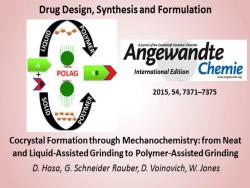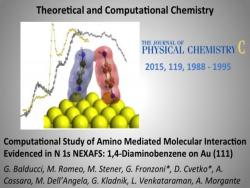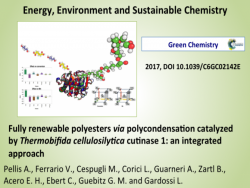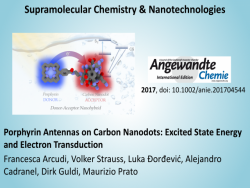Design and synthesis of protein-kinase inhibitors
Protein-kinases catalyze phosphorylation of protein substrates in signal pathways which are crucial for the regulation of many aspects of cell life. An aberrant phosphorylation in these signal pathways is often related to the occurrence of diseases. Almost all the protein-kinase inhibitors developed so far have been designed against cancer. The overlap between molecular pathways involved in cancer and neurodegeneration, suggests the possibility of using kinase inhibitors for the treatment of neurodegenerative diseases. Our research group is focusing on the development of inhibitors for two specific serine-threonine kinases: GSK-3β (Glycogen Synthase Kinase 3β) and CK-1 (Casein Kinase 1).
In particular, GSK-3β is greatly expressed in the brain and plays an important role in the normal function of CNS. Indeed, GSK-3β takes part in processes as neurotransmission, axonal growth, cytoskeletal dynamics, endocytosis, apoptosis and neurogenesis. It has also been shown that inhibition of GSK-3β lead to an anti-neuroinflammatory effect through inactivation of the NF-kB factor. In fact, in recent years, many evidences have shown the involvement of neuroinflammation in neurodegenerative processes. Aberrant GSK-3β activity was observed in several neurodegenerative diseases including: Alzheimer's disease, Parkinson's disease and amyotrophic lateral sclerosis.
As regards CK-1, all its major isoforms are expressed in the striatum and cerebral cortex, where they mainly have the role of regulating the glutamatergic synaptic transmission. CK-1 is also involved in the regulation of various physiological functions, including membrane transport (exocytosis), the circadian rhythm, apoptosis, and especially it was observed a direct involvement in several neurodegenerative diseases.
For these reasons, GSK-3β and CK1 inhibitors are interesting to be investigated as potential agents that can counteract neuroinflammation and neurodegeneration.
Since GSK-3β and CK1 protein-kinases have a recognition site for ATP, we have decided to focus our attention on the synthesis of bicyclic systems that can be considered bioisosteres of adenine. In particular we are considering the [1,2,4]triazolo[1,5-a][1,3,5]triazine and [1,2,4]triazolo[1,5-c]pyrimidine nuclei for the design of new potent inhibitors towards GSK-3β and/or CK1.
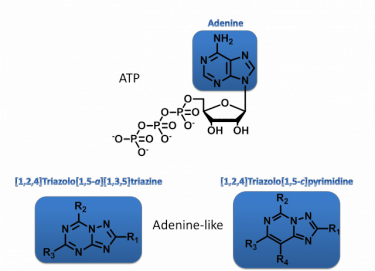
Synthesized compounds are assayed on GSK-3β and CK1 by collaborators of the University of Salerno (Prof.ssa Sabrina Castellano e Prof. Gianluca Sbardella: GSK-3β) and Padua (Dr. Giorgio Cozza: CK-1). Structural optimization is performed with the help of molecular modelling in collaboration with the University of Padua (Prof. Stefano Moro: CK-1) and Bologna (Prof. Andrea Cavalli: GSK-3β).
Research Group
| Prof. Spalluto's group |


